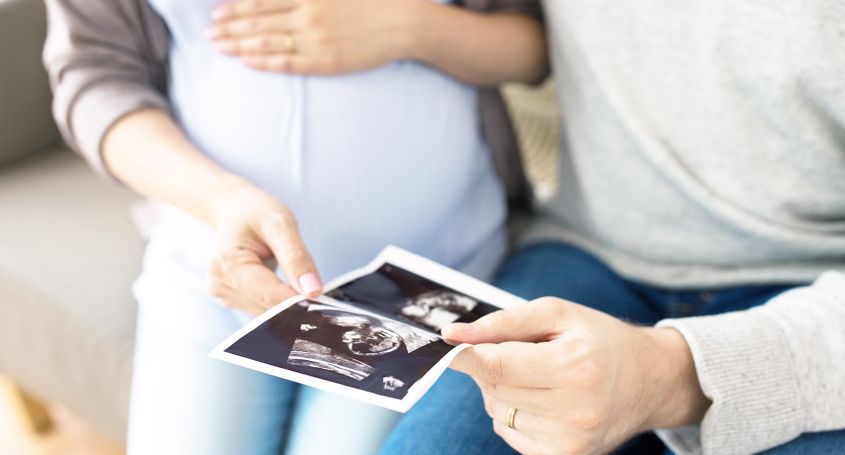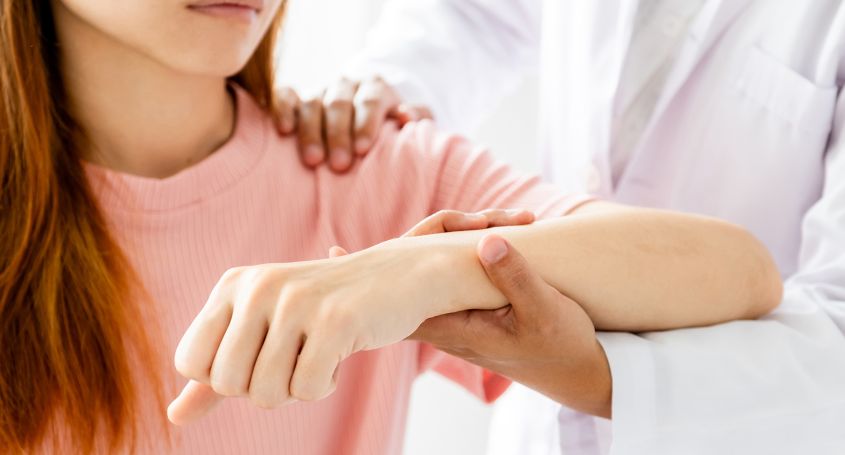Endometriosis is a benign disease that affects many patients of reproductive age. To help you understand it better, today we continue addressing the most frequently asked questions that patients raise about this condition.
Is there a cure for endometriosis?
At present, there is no cure for endometriosis. Not even surgery can guarantee that the lesions or symptoms of the disease will not recur.
Is there a treatment?
Yes, treatment focuses on relieving symptoms, preventing lesion progression, and preserving ovarian function. Surgery should be as conservative as possible to maintain ovarian function to the greatest extent. Treatment can be either medical or surgical, and the choice depends on age, symptom severity, lesion size, and whether pregnancy is desired.
If I have endometriosis, do I have to undergo surgery?
When an endometrioma is surgically treated, healthy ovarian tissue may also be removed or coagulated along with the affected tissue. This reduces the ovarian reserve (the number of ovarian follicles). For this reason, a more conservative approach is now standard, especially for patients who wish to have children. Surgery is reserved for cases with large endometriomas or significant symptoms that do not respond to other treatments.
Is it contagious?
No, endometriosis is not an infectious disease and is not transmitted through sexual intercourse.
Is it hereditary?
A recent study coordinated by the University of Oxford has revealed that the 7p15.2 locus is associated with an increased risk of developing endometriosis. An enzyme called telomerase has also been identified as playing a role in the development of this disease.
Does it cause cancer?
Endometriosis is a benign condition. Although it can cause significant discomfort and may even be highly debilitating in some cases, it is not a cause of cancer.
Why can it cause infertility?
Endometriosis can lead to infertility through several mechanisms:
- By damaging healthy ovarian tissue.
- By causing adhesions that can impair or block the fallopian tubes.
- By producing substances that may be toxic to the oocyte.
What will happen when I want to have children if I have endometriosis?
Endometriosis is associated with infertility in up to 20% of cases. It is a common condition among couples with reproductive issues. However, 6 to 7 out of 10 women with endometriosis will achieve pregnancy without any additional difficulty.
What can I do if I have endometriosis and want to have children?
If you have this condition and wish to become a mother, the first step is to try naturally. Even though endometriosis is a known cause of infertility, 6 to 7 out of 10 women with this condition become pregnant without any trouble. If you do not conceive after a period of trying, you should consult a fertility specialist. Although in vitro fertilization (IVF) is often the treatment of choice for endometriosis, an individualized assessment is always necessary—taking into account age, duration of infertility, presence of other factors, etc.—to determine the most appropriate treatment for each case.
Is it true that pregnancy cures endometriosis?
Pregnancy has a protective effect on endometriosis. This disease is hormone-sensitive, particularly to ovarian hormones. When the ovaries are at rest—as occurs during pregnancy—symptoms typically improve.














